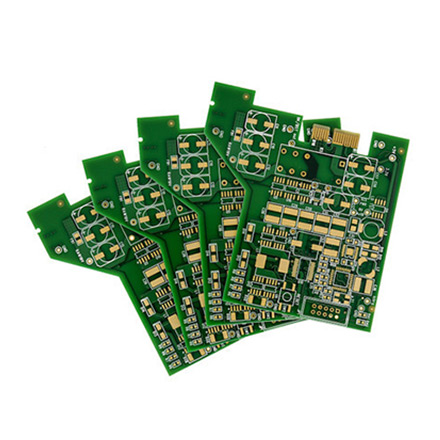

Understanding Float Glass Sheets Properties, Production, and Applications
Float glass, also known as flat glass, is a crucial material in various sectors, including construction, automotive, and electronics. Its production process and unique characteristics make it an essential choice for various applications. In this article, we will explore what float glass sheets are, how they are made, and their diverse uses in modern society.
What is Float Glass?
Float glass is a type of flat glass that is manufactured using a unique process where molten glass is floated on top of molten tin. This method results in glass sheets that are uniformly smooth and optically clear. Typically produced in thicknesses ranging from 2 mm to 19 mm, float glass can be further processed to enhance its aesthetic and functional properties.
One of the primary characteristics that set float glass apart is its clarity and flatness. The floating process eliminates impurities and ensures that the glass surfaces are polished to perfection. These attributes make float glass ideal for use in windows, mirrors, and architectural structures where visual appeal is paramount.
The Production Process
The manufacturing of float glass involves several steps, starting with the melting of raw materials. The primary ingredients include silica sand, soda ash, and limestone, which are heated in a furnace at temperatures exceeding 1,600 degrees Celsius. Once the materials are melted, they are poured onto a pool of molten tin. As the glass flows over the tin, it spreads out and creates a continuous sheet.
After the desired thickness is achieved, the glass undergoes a cooling process, where it is gradually tempered to enhance its strength and durability. Once cooled, it is cut into sheets of various sizes and is ready for distribution. The simplicity and efficiency of the float glass process are key factors in its popularity within the glass manufacturing industry.
Applications of Float Glass Sheets

Float glass sheets are incredibly versatile and find applications across numerous industries. Here are some notable uses
1. Construction Float glass is widely used in buildings for windows, facades, and doors due to its durability and aesthetic qualities. It provides natural light while maintaining energy efficiency when coated with low-emissivity (Low-E) finishes.
2. Automotive In the automotive industry, float glass is utilized in both windshields and side windows. Its high optical clarity and ability to be tempered make it a safe choice for vehicles while contributing to their sleek appearance.
3. Electronics Many electronic devices, including smartphones and tablets, utilize float glass for screens and protective coverings. The glass is often treated to be scratch-resistant, ensuring that device screens remain intact and visually appealing.
4. Furniture and Interior Design Float glass is popular in contemporary furniture designs, used for tabletops and decorative elements. Its reflective quality enhances aesthetics in home and office environments.
5. Signage and Displays The clarity and flatness of float glass make it ideal for signage and display cases, where visibility and presentation are critical.
Conclusion
In summary, float glass sheets are an essential material with a wide array of applications spanning multiple industries. The innovative production technique results in glass that is not only visually appealing but also incredibly functional and durable. As technology evolves, we can expect ongoing advancements in float glass production and its applications, solidifying its role as a fundamental material in modern design and construction.